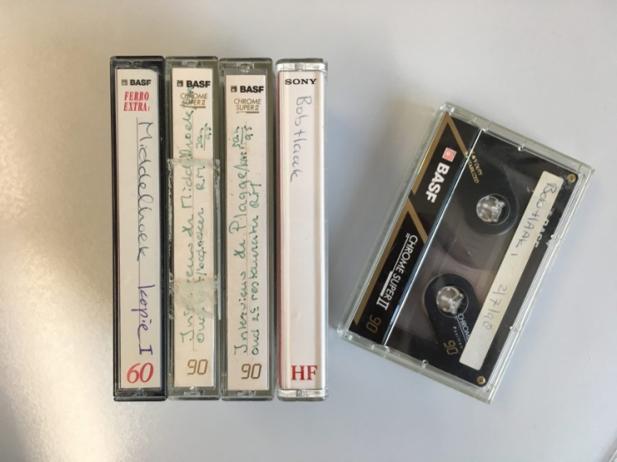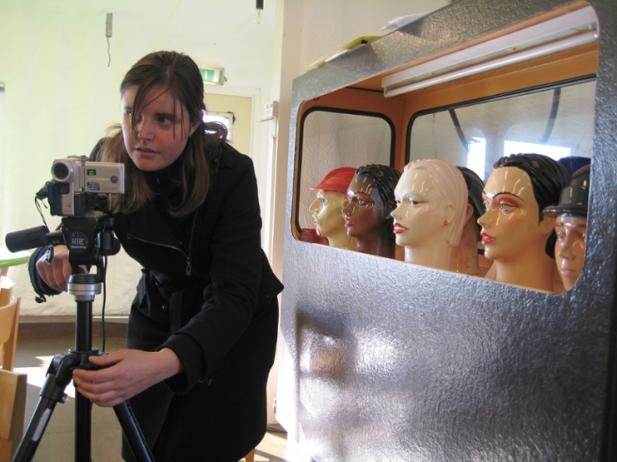This project aims for an integral approach to the use of oral history for conservation research, and seeks to reflect the use of interviews as a dynamic process.
Personal Testimonies
Museums and heritage institutions are constantly looking for new and sustainable methods for the conservation of our cultural heritage. Yet, personal testimonies of people who have influenced the lives of cultural heritage objects are rarely recorded and archived, whereas these are crucial for research into an artwork’s life.
What happened during the restoration of Rembrandt's Night Watch (1642) in 1975-76? Or with Karel Appel's wall painting in the former restaurant of the Stedelijk (1956)? What is the story behind Alessandro Mendini's chest of drawers Nigritella Nigra (1993)?
Artist Interviews
In recent years a lot of attention has been paid to interviewing artists and to the dynamics of artworks in collections. However, most institutions are barely equipped to use interviews in conservation research in a sustainable and methodologically sound way.
Living Archive
This project aims for an integral approach to the use of oral history for research in art conservation in a responsible way, using case studies from the Rijksmuseum and the Cultural Heritage Agency of the Netherlands. The goal is to design an overarching model for museums, heritage institutions and freelance conservators, which seeks to reflect the use of interviews as a dynamic process and thus to create a living archive with room for interpretation of users, so that our insight can be deepened and knowledge is not lost, but rather enriched.
Principal Investigator
- dr. Sanneke Stigter S.Stigter@uva.nl
Private Partner
- Rijksmuseum
Public Partner
- Cultural Heritage Agency of the Netherlands
Research Team
- dr. Esther van Duijn
- drs. Bernice Crijns

